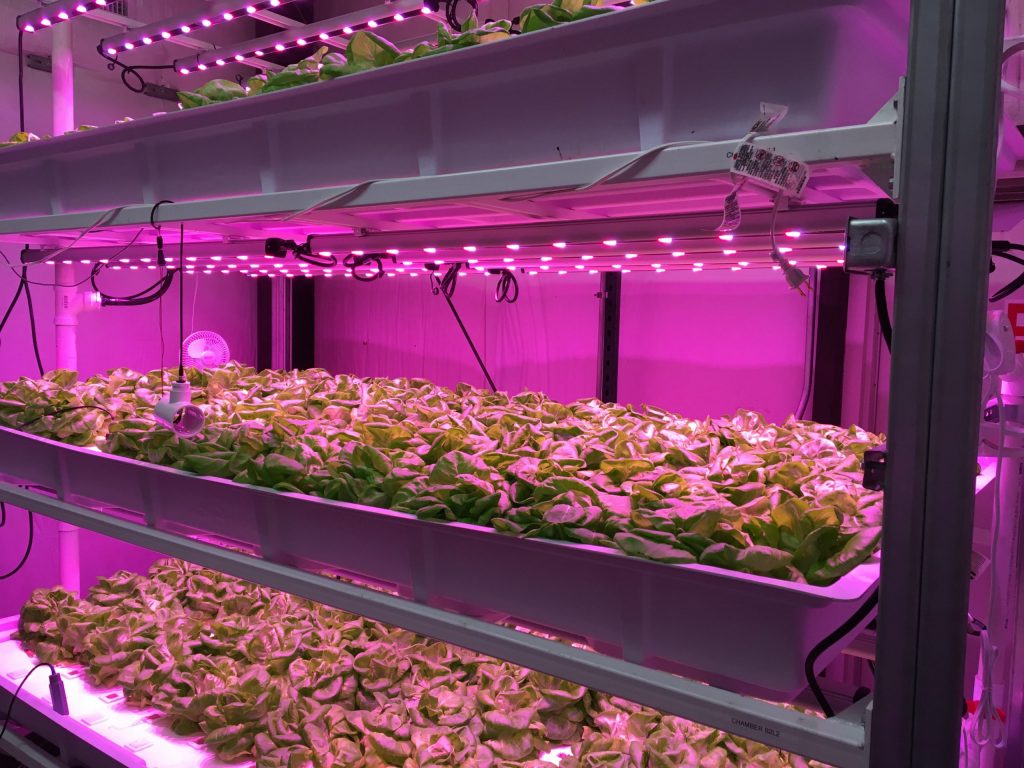By Lacie Armstrong
The pandemic has brought to the light how important cleanliness and safety is in regard to food. This has caused farmers to turn to vertical farming. Vertical farming is the practice of growing crops in vertically stacked layers. It often incorporates controlled-environment agriculture, which aims to optimize plant growth, and soilless farming techniques such as hydroponics, aquaponics, and aeroponics. This type of farming provides an innovative way to ensure clean food for consumers.

With fresh and locally grown produce in high demand and restaurants re-opening, vertical farming is the most economically and sustainable choice. Vertical farming offers to locals’ food that hasn’t been through a long journey or touched a significant amount of times. It is the best way to guarantee that the produce is grown in a clean room and not subject to harmful elements or exposure.

One leading company in the vertical farming business is Kalera, an indoor vertical farming company with hydroponic technology, is on track for rapid growth, particularly in high dense urban markets. After opening the largest vertical farming facility in Texas, the ag-tech company has plans to expand to Atlanta where it will be the highest production volume vertical farm in the Southeast, as well as Denver by 2021.
“What Kalera is able to do is to offer and shed new light on farming is the backbone of American society and one of our strengths as a nation,” Malechuk said. And leading the wave of the ag-tech revolution is what vertical farming companies like Kalera are doing.” Said CEO of Kalera Daniel Malechuk
Kalera has influenced other producers to turn to vertical farming solutions like after Kalera’s success with their Hydroponically grown greens emerging in grocery stores prior to COVID-19.

With technology that doesn’t require soil to grow plants and consumes up to 10 times less water compared to traditional soil-based growth, hydroponic systems are not only sustainable but also can be controlled to minimize pesticides and other dangerous chemicals.
A new report by Allied Market Research shows that the global market for vertical farming crops is projected to reach $1.38 billion by 2027 with a compounded annual growth rate of 26.2% from 2021 to 2027. Last year alone, the industry was estimated to be around $212.4 million.
The best way to get involved is to stay informed. First, continue to keep an eye on vertical farming. Second, keep in touch with local hydroponic farmers via social media to find out what they are doing. Lastly, continue to talk about how we can all work together.






